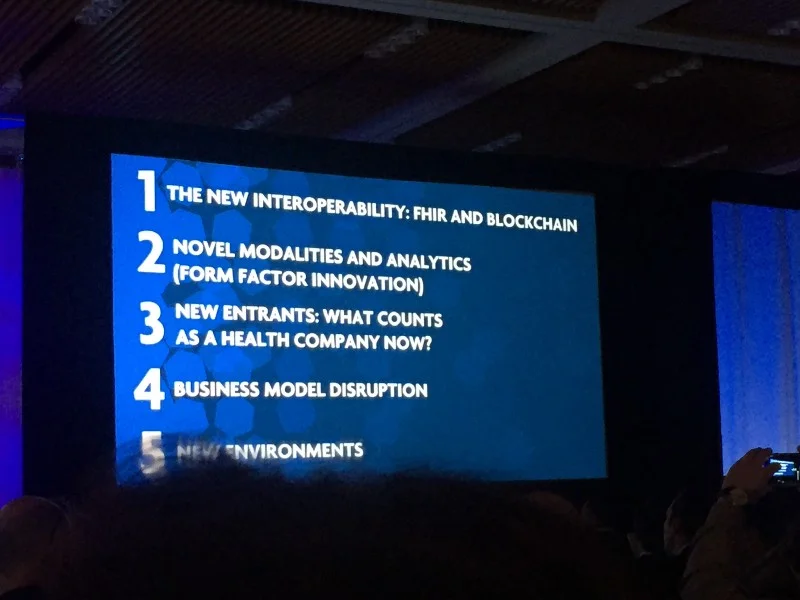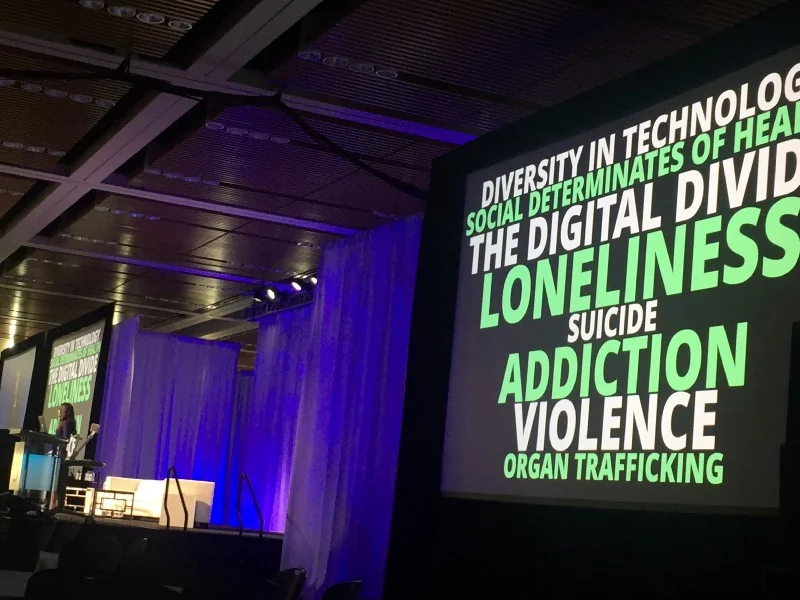Ep. 19: Is The Digital Health Revolution Just Starting?
Quite a few things happened 11 years ago, in 2006. The one billionth song was purchased from Apple iTunes. Nintendo releases the Wii in North America. Google acquired YouTube. Everyone with an email address could sign up to Facebook, the then-new social media only two years in existence.
From today’s perspective, when we already talk about practical uses of artificial intelligence, machine learning, robots in elderly care, Internet of Things, implantable, digestible and other sensors, the world 11 years ago seems unrecognizable. After all, the first iPhone and Kindle were released hardly in 2007, a year later. Then, three years later, the first iPad was on the market.
https://soundcloud.com/tja-a-zajc/019-is-the-digital-health-revolution-just-starting
Listen at: Soundcloud, Podbean or in iTunes. Suggestions, comments will be highly appreciated either here or on Twitter.
But for the digital health world, 2006 was an important year. It marked the birth of Health 2.0, a global movement for use, promotion and research of digital technology for wellness, health, medicine, and healthcare.
More than 100,000 entrepreneurs are connected through Health 2.0 today, looking at new solutions at Health 2.0 conferences or through so-called Chapters — regular meetings of entrepreneurs from the field are running on a regular basis in more than 80 countries around the world.
The guest speaker on this show is Indu Subaiya, the CEO of Health 2.0. She talks about why she chose not to stay an MD and go into conference organization, explains why she is optimistic about interoperability in healthcare in the US and healthcare progress with technology in general.
Listen at: Soundcloud or in iTunes. Suggestions, comments will be highly appreciated either here or on Twitter.
https://soundcloud.com/tja-a-zajc/019-is-the-digital-health-revolution-just-starting
Questions in the podcast:
- How are new technologies changing medical practice and medical education?
- How significant are the differences in digital health across the globe?
- How much savings can we expect in healthcare with innovations, since the so-called waste is someone’s revenue, consequently meaning that someone needs to be pushed out of the market?
- What is the state of healthcare data interoperability in the USA and can it ever be tackled?
- If we were listening about “unmentionables” for the last couple of years, it is now time for the so-called “unacceptables”. What are they and how are they going to be hacked?


